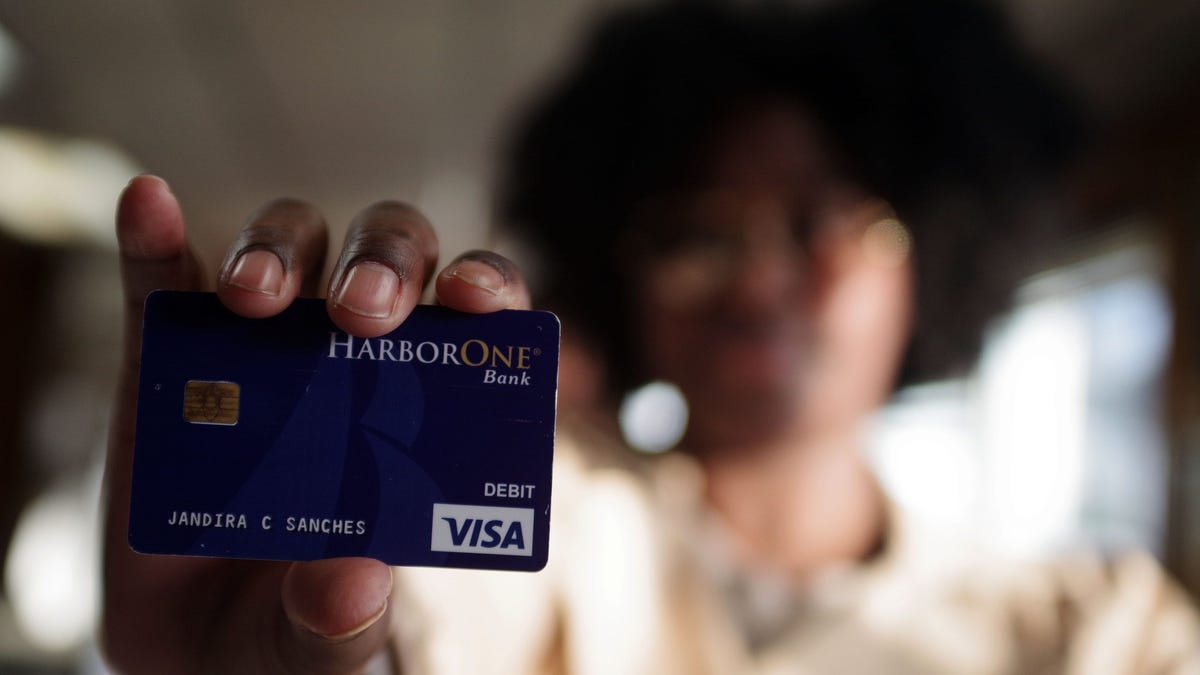The DOJ’s Lawsuit Against Visa Claims a Monopoly in the Debit Card Market
The U.S. Department of Justice (DOJ) has initiated an antitrust lawsuit against Visa, alleging that the company maintains a monopoly in the debit card sector, resulting in “billions of dollars” in extra fees for American consumers and businesses.
The complaint, which was filed on Tuesday, accuses Visa of suppressing competition and adding fees that surpass what could be charged in a more competitive environment. Visa processes over 60% of debit transactions in the United States, which enables the company to generate more than $7 billion in fees each year, according to the lawsuit.
Though merchants are the ones paying Visa’s fees, the DOJ contends that these costs are ultimately transferred to consumers, resulting in higher prices or diminished quality of goods and services.
“Visa’s illegal actions impact the cost of nearly everything, not just one item,” stated Attorney General Merrick Garland in a press release.
Visa contends that it is “merely one of many contenders” in the expanding debit market and has labeled the lawsuit as “groundless.”
“When consumers and businesses select Visa, it’s due to our secure, dependable network, exceptional fraud protection, and the value we deliver,” Visa’s General Counsel Julie Rottenberg stated. “We take pride in the payment network we have created and the innovation that we contribute to the economy.”
Allegations from the Justice Department
This lawsuit is part of a series of legal actions targeting monopolistic practices initiated during the Biden Administration. Earlier this year, the DOJ filed antitrust lawsuits against Ticketmaster and Apple, and Google lost an antitrust case to the department last month.
The DOJ asserts that Visa has operated a monopoly by coaxing potential competitors to become partners, offering “generous” financial incentives and issuing threats of heavy fees.
Additionally, the department accuses Visa of entering into agreements with merchants and banks that penalize customers who attempt to process transactions through other payment systems.
This complaint follows a 2020 lawsuit from the DOJ that blocked Visa’s attempt to acquire the financial technology firm Plaid, arguing that the acquisition would allow Visa to “preserve its monopoly and charge excessive prices for online debit transactions.”
Mastercard, another leading name in the debit card market, has also faced regulatory scrutiny. Last year, it settled a complaint from the Federal Trade Commission alleging it suppressed competing payment networks.
Implications for Consumers
The DOJ claims that Visa’s practices have hindered innovation in the debit payments marketplace and imposed “substantial additional fees” on American consumers.
“Anticompetitive behavior from companies like Visa harms the American public and the economy as a whole,” remarked Principal Deputy Associate Attorney General Benjamin Mizer in the department’s announcement.
However, consumers shouldn’t expect to see significant changes at the checkout counter as a direct result of this lawsuit.
If the DOJ settles or wins the case, it could pave the way for greater competition in the debit card market, potentially leading to lower prices, according to University of Washington School of Law Professor Douglas Ross. However, any savings might be too minimal for consumers to actually perceive.
“Overall, enhanced competition here could yield considerable savings throughout the economy, but those may not be evident to consumers,” he explained. “This doesn’t imply that consumers aren’t being harmed—every small fee addition across millions of transactions accumulates to significant amounts.”
The results will also be influenced by Visa’s defense strategies, as noted by Rebecca Haw Allensworth, a law professor at Vanderbilt University in Nashville, Tennessee.
“Understanding how a favorable outcome in this legal battle will impact consumers—and merchants—will largely hinge on the arguments Visa puts forth to justify its practices,” she explained in an email. “They are likely to claim that their dealings with merchants and competitors benefit cardholders, which will be crucial in determining the case’s direction.”

